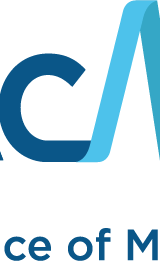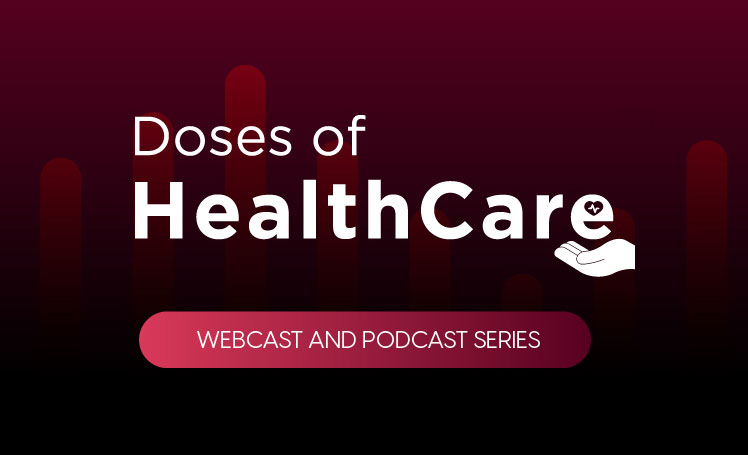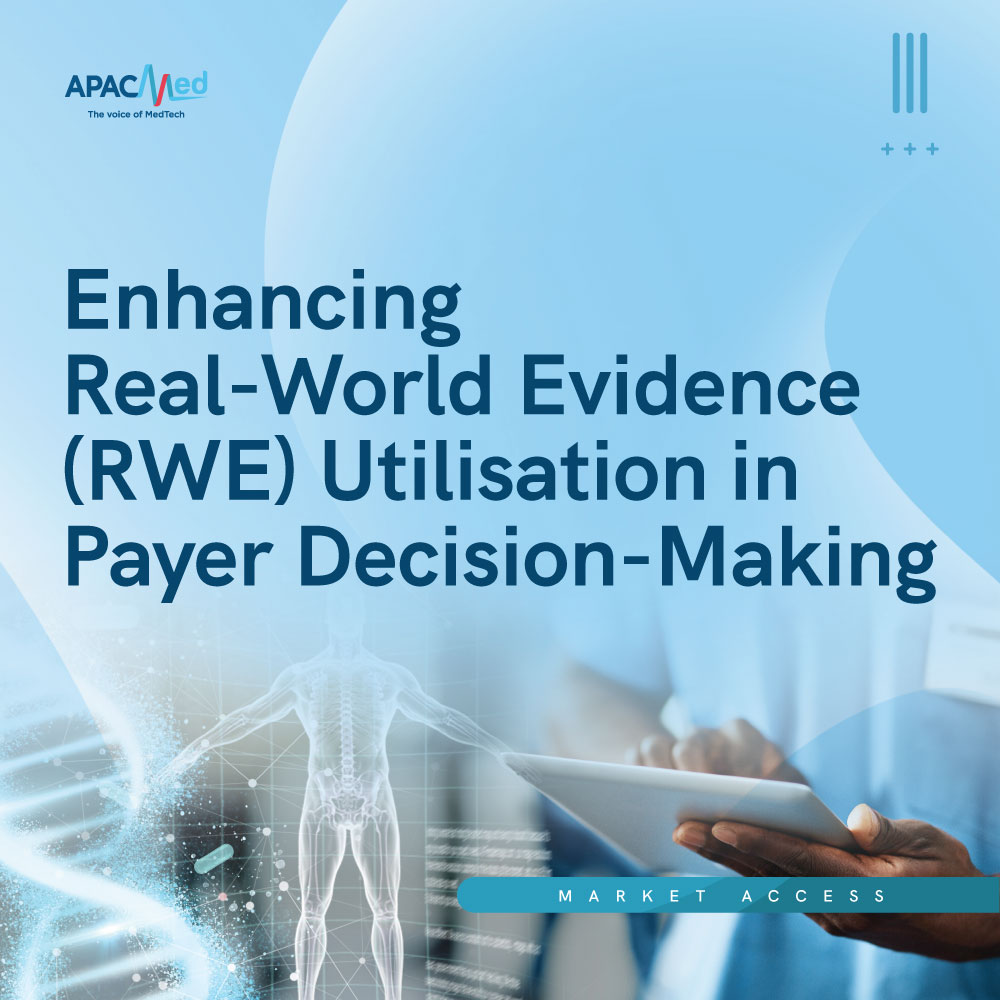Patient access to digital health solutions
Much like the technology platforms themselves, the APACMed Digital Health Committee, launched in 2020, has witnessed tremendous traction across a range of topics and geographies, including in key areas such as regulation, reimbursement, and interoperability. We have thus decided to launch a first-of-its-kind Digital Health Knowledge Centre (“DHKC”) as a means to centralize the insights for ease of consumption.
This article summarizes the inaugural entry into the DHKC, which is a podcast hosted by Dean Ho and Yoann Sapanel, representing the new Institute of Digital Medicine (“WisDM”) in Singapore. The podcast, available for replay here, looks at the efforts undertaken thus far to improve access to digital health solutions as well as what more we can still do. The podcast is in fact a series, with subsequent speakers to be announced, entitled “Doses of Healthcare” and aligned to APACMed’s 2022 “Year of the Patient” theme. Reminder as well that if you are keen to engage more on these topics in the meantime, please join us online on June 9th for the Patient Care Symposium, with a particular focus on remote care management technologies.
Observations about digital health advancement to date
According to Dean, Head of the National University of Singapore (NUS) Department of Biomedical Engineering and Director of the N.1 Institute, and Yoann, Head of Innovation at WisDM, the advancement of digital health has essentially become interchangeable with our concept of the so-called “new normal”. NUS has been busy developing digital therapies for diseases ranging from cardiology to oncology, not to mention focusing on infectious disease as a wartime need during the pandemic. NUS sees the buckets of digital health in three main categories, aligned to WHO terminologies, and with an increasing level of focus on the latter:
- Wellness support – in other words, lifestyle technologies;
- Diagnostics and monitoring – such as biomarkers and medication adherence; and
- Digital Therapeutics (“DTx”) – enabling patients to stay adhere to their medication regimen, or even the delivery of therapeutic interventions which are digital in nature.
Now, per Dean and Yoann, the task is about bridging the implementation gap. Especially for patients, hot topics include the disconnect between increased availability of digital health versus broad-scale adoption, as well as better studying the impact of healthcare personalization as a next frontier and how these tools affect patient outcomes. “We are still only in the beginning of this transformation”, said Dean and Yoann.
The benefits and considerations of digital health access
In particular, Dean and Yoann see much excitement in the DTx space in terms of going beyond the use of digital health for monitoring purposes and into actual interventions. But of course, they forewarned, there are many new considerations as a result, such as regulatory barriers. The benefits may be able to outweigh the risks, however. DTx, and digital health more broadly, is enabling decentralization (as witnessed during COVID-19, and Singapore is exploring models such as a home hospital ward and ageing-in-place) and personalization (powered by data, understanding our unique differences, even from one day to the next).
The implementation must go beyond just validation, according to Dean and Yoann, and involve other skillsets such as behavioral science and healthcare economics. Which requires a multi-disciplinary team to think through the various angles and to integrate the workflows. For example, at the N.1 Institute which leverages quantum computing to hyper-personalize medication dosing formulas based on unique patient profiles, the team consists of neuro-engineering, biomedical engineering, and behavorial scientists.
“It takes time to truly understand what patients need, how clinicians desire to view the data, and the ways in which to make life easier for the caregivers too,” said Dean and Yoann. “Digital and non-digital interventions must be co-developed together; technology alone cannot transform healthcare. This is our ethos at WisDM.”
Recommendations for continuing the path forward
Dean and Yoann praised Singapore for constructing an environment in which different roles from across the ecosystem are able to come together for experimentation and adoption of digital health. They call this “reimagining multi-disciplinary innovation”, and said that accessibility of stakeholders becomes a make-or-break (i.e. lifesaving) step in the process. The US model of involving end users as a design principle to help create the solutions, moreover, is seen as a best practice to be followed.
“Patients are the first ingredient for the digital health development and implementation recipe,” said Dean and Yoann. “We would like to see the concept of Patient Co-Investigation Boards become more widely adopted in Asia”.
Looking ahead, Dean and Yoann call out a few areas for greater attention. Firstly, to continue to stress the whole-of-community effort required in order to achieve scalability and sustainability, including more seamlessly coordinated acquisition of data across the care pathway. On a related note, regulatory innovation, particularly around data privacy, remains an ongoing challenge. In addition, Dean and Yoann suggest more innovation in clinical trial design too, beyond drugs and medical devices, to harness the power of digital; for example, targeted dosing versus randomization, also known as “intra-patient calibration”. And, lastly, evidence generation is a top priority – in trials, in the real world, and across the lifecycle – so as to overcome the “valley of death” which many bold ideas inevitably face.
Dean and Yoann conclude the podcast by asking for the conversation to continue, and to keep challenging one and other out there. “Working as community partners is the foundation for us to be able to reach new heights. APACMed and industry stakeholders can help us to learn from the best practices and models happening across the region and globe.”






